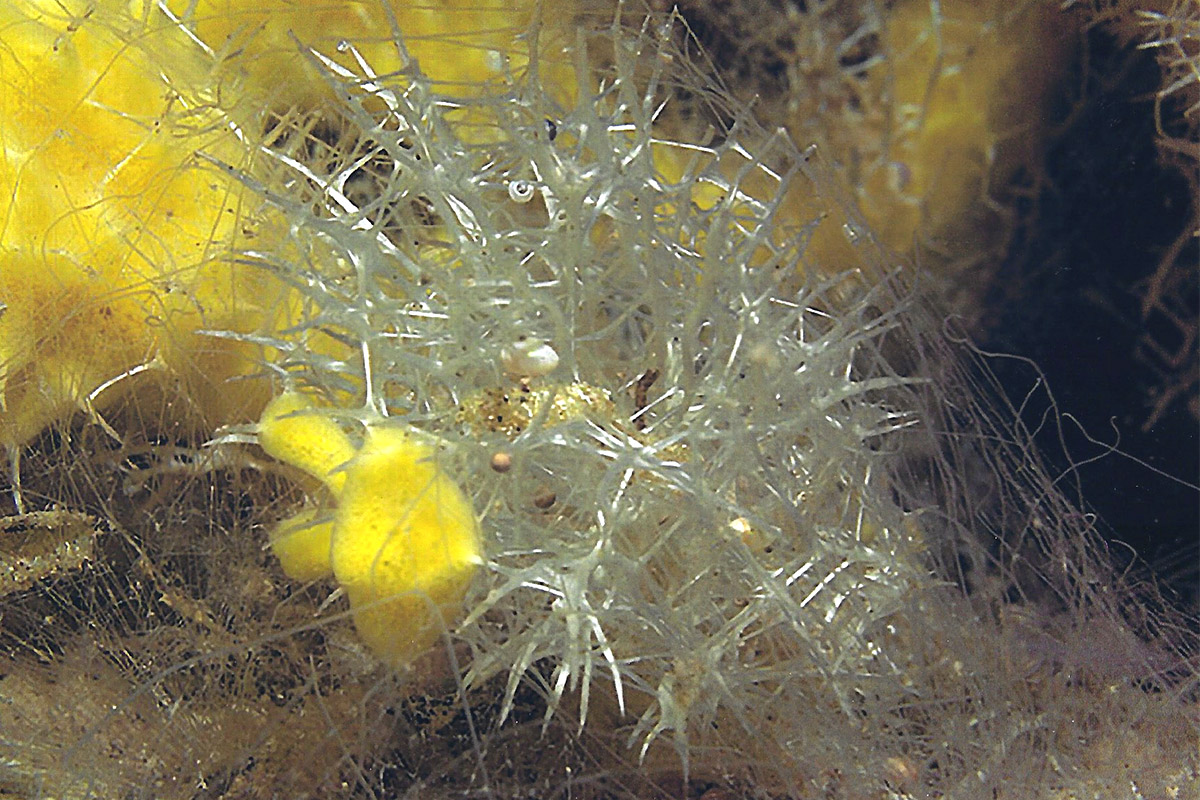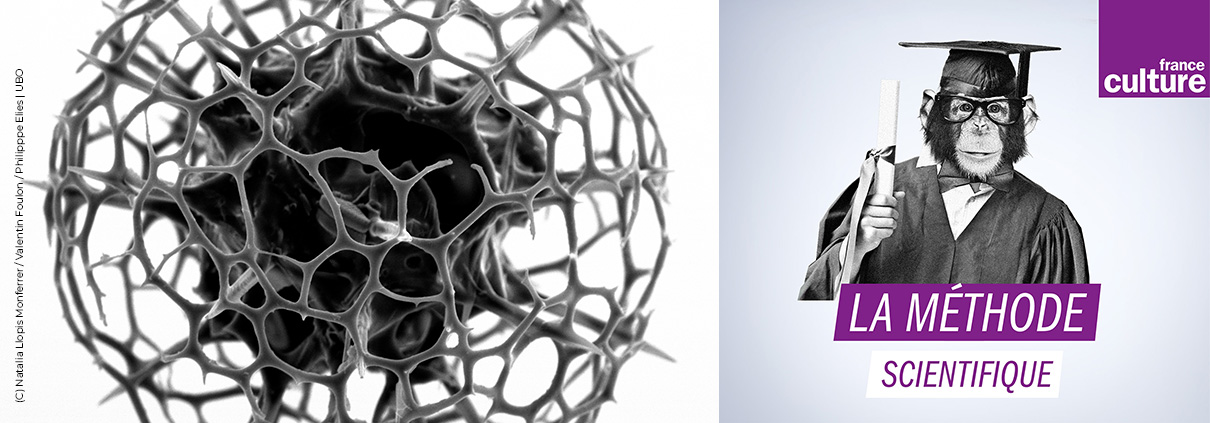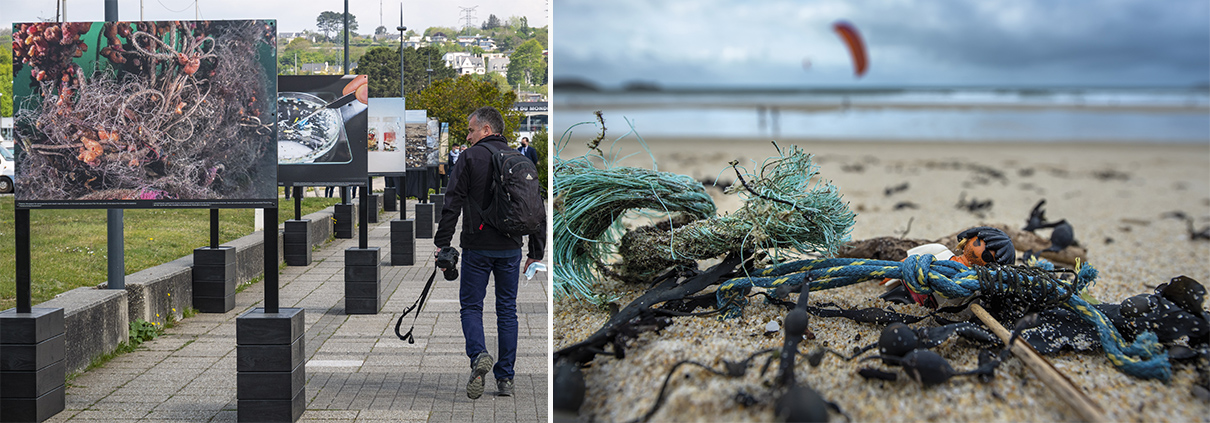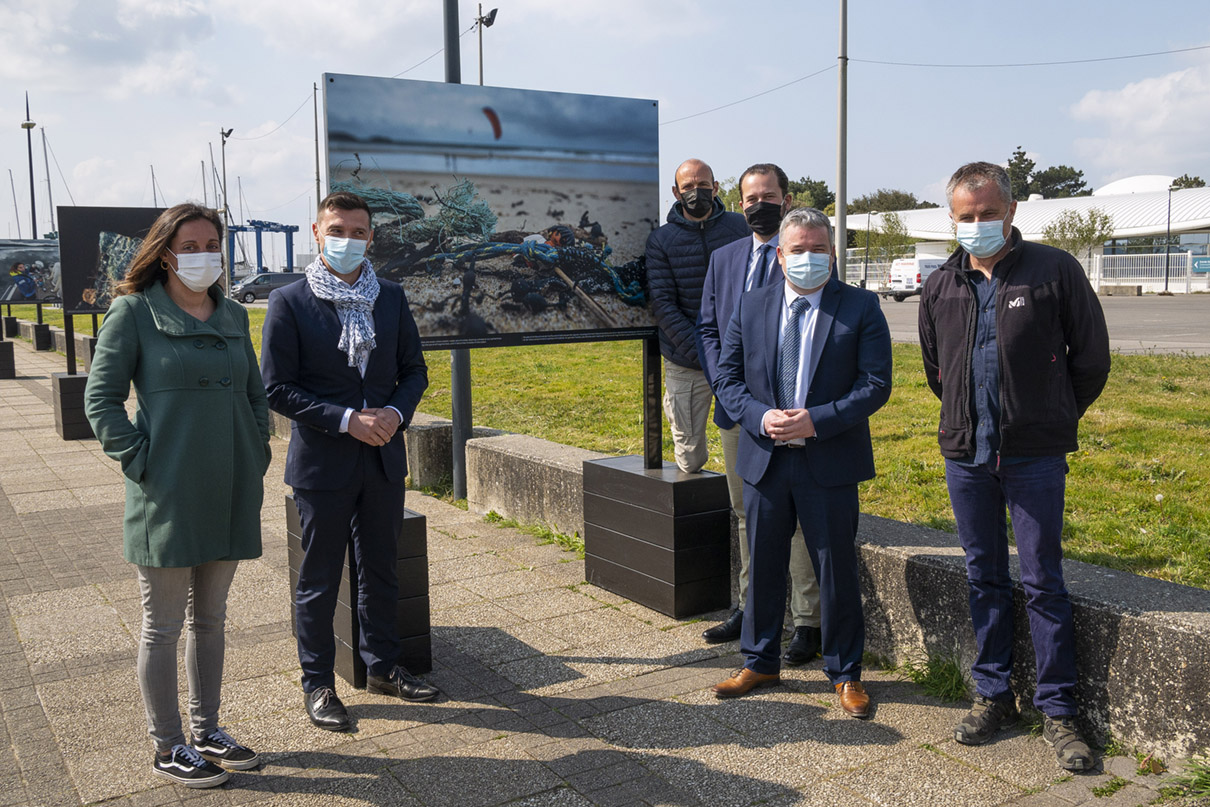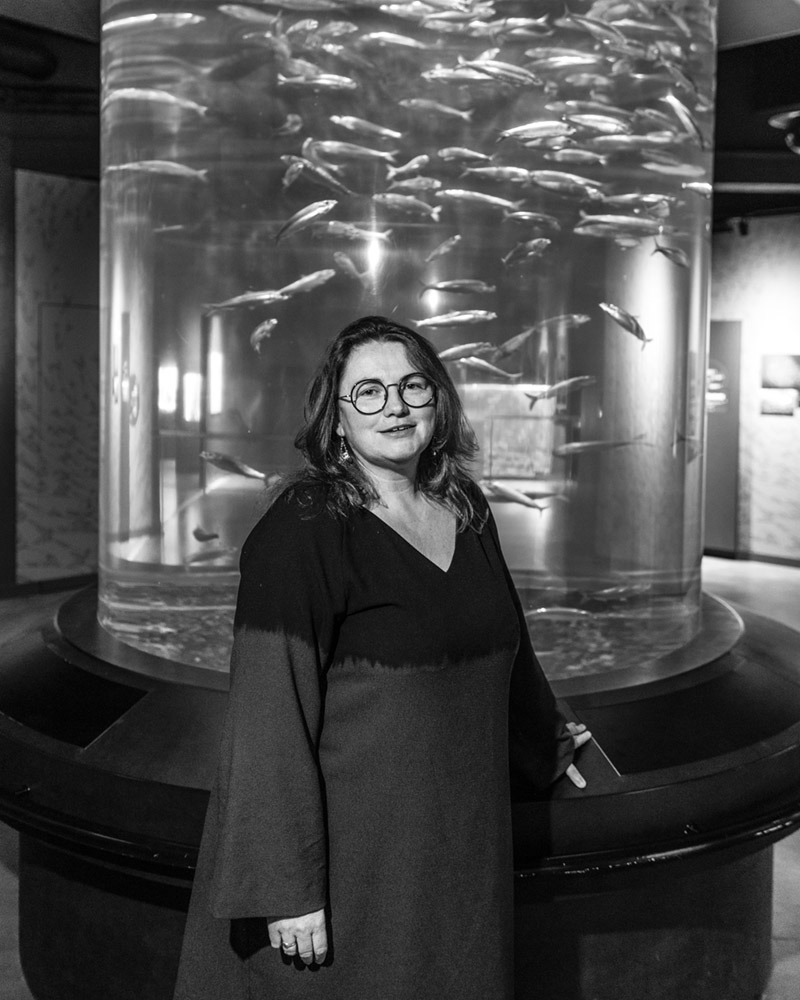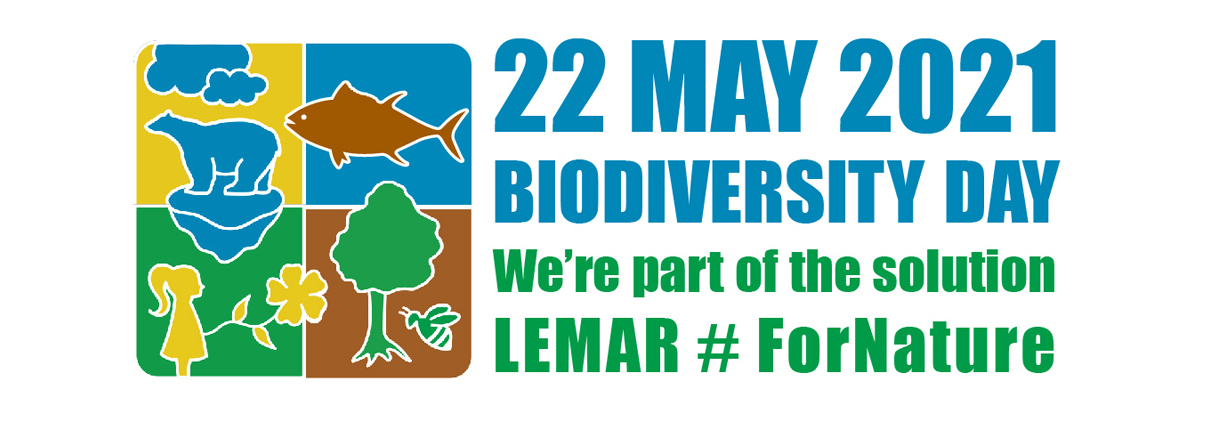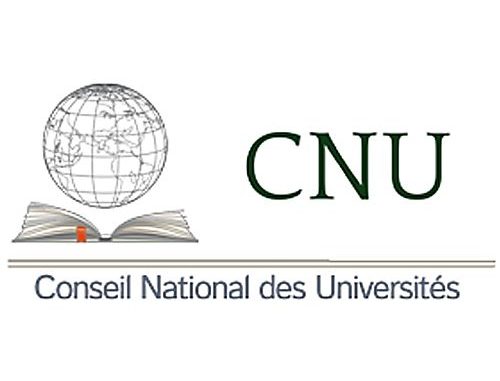The silicon cycle at “la Méthode Scientifique” radio program, May 5, 2021 at 4pm
Silicon. Why should we be interested in this element? Because it is particularly abundant in the form of silica and silicate minerals on the planet Earth and on other terrestrial planets (Mercury, Venus, Mars). If on Earth living organisms are based on the carbon cycle, essential organisms of marine life (diatoms, radiolarians, a good part of sponges, …) require silicon to build their internal or external structures. Without silicon, the biological carbon pump loses much of its efficiency. What are the sources and sinks of silicon in the ocean? What is the production of biogenic silica in the ocean? How is the silicon cycle evolving in response to climate change and anthropogenic perturbations?
These are the questions that Paul Tréguer (LEMAR, IUEM-UBO) answered on France Culture, during the program “La Méthode Scientifique” on Wednesday, May 5, at 4:00 pm, a program to which Anne Alexandre (CEREGE, CNRS) was also invited.
